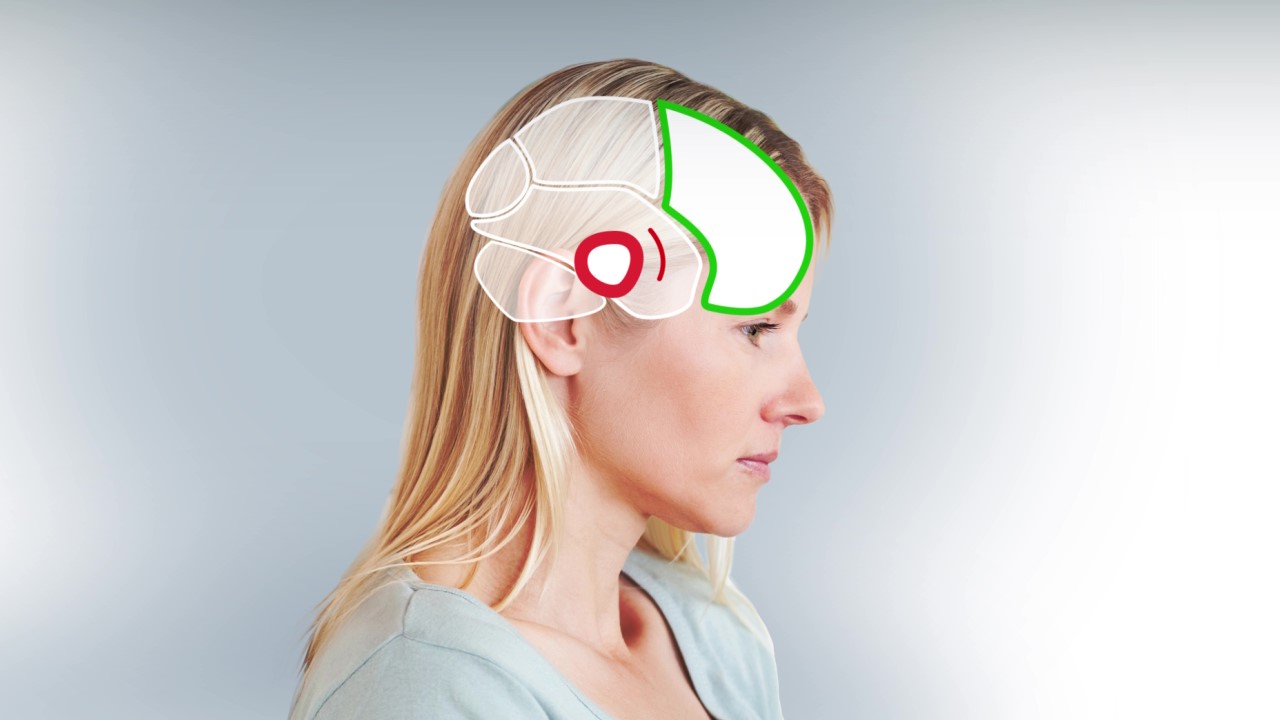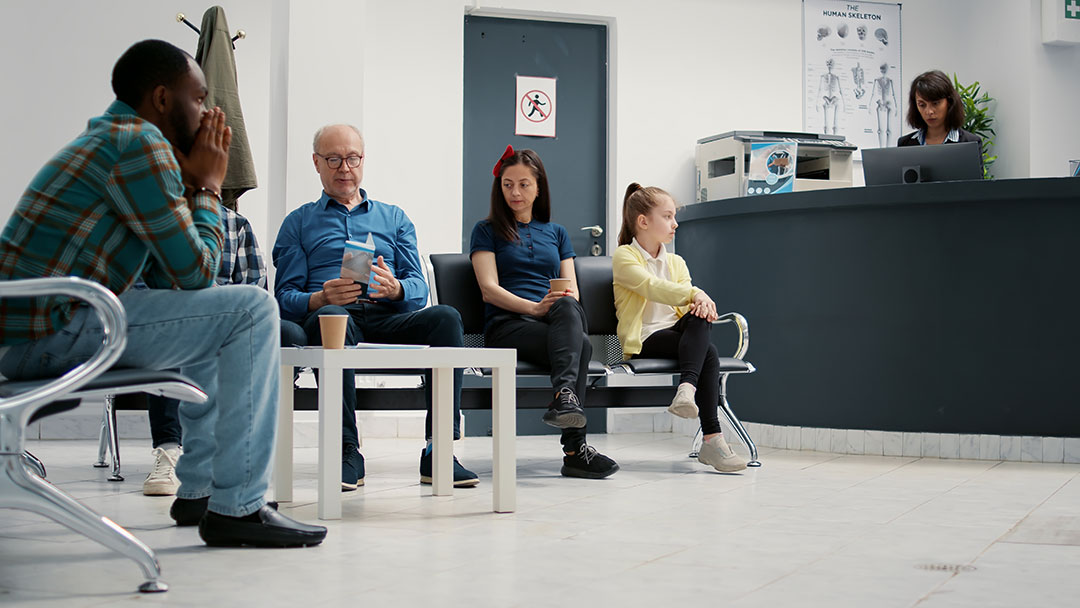Pandemics aside, the accelerating growth of lifestyle diseases is the biggest threat to public
health today.
Putting heavy burdens on individuals, families, workplaces, and our health services.
In short, on all sides of society. Not the least economically.
The annual cost of diabetes treatment alone is estimated to 825 billion USD by 2030.
There are four main causes for lifestyle diseases.
Too little physical activity, unhealthy eating, smoking, and drinking.
They have one thing in common. They can be prevented by changes in behaviour.
The good news is that more and more people really want to change.
The bad news is that most of them fail, even those who are the most motivated.
Some 20 years ago, we set out to learn why it's so difficult to change.
The search led us to the brain.















